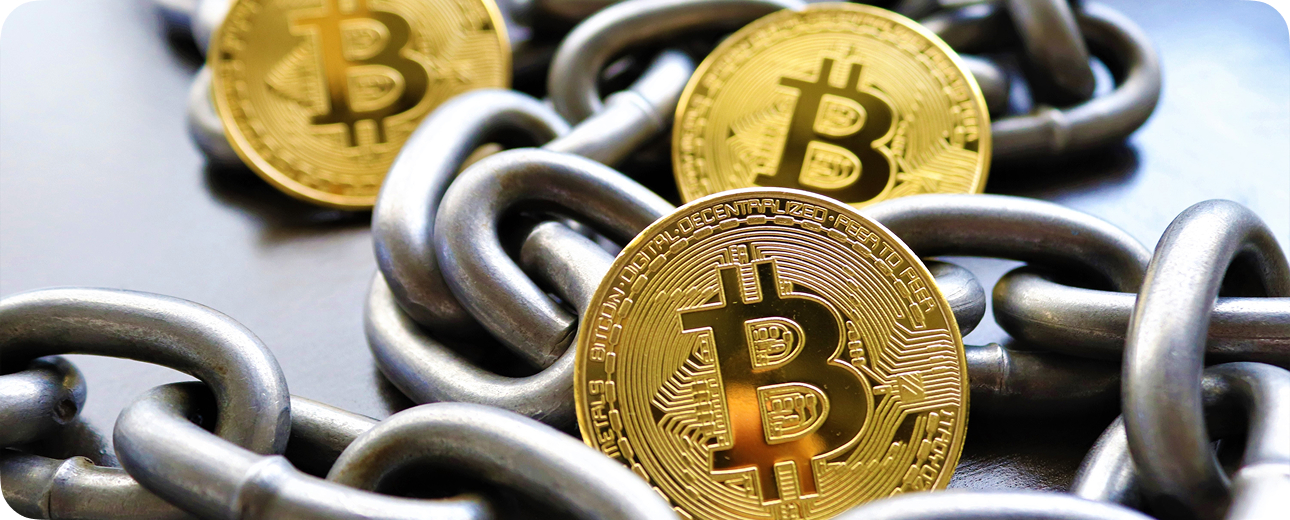

Back to News
David Renner
●
Crypto Basic
●
September 15, 2029
How to Choose the Right Cryptocurrency Wallet



Are you planning to trade daily, hold long-term, or explore DeFi or NFTs? Each activity has different wallet requirements.
Look for wallets that offer:
Remember, your private keys or seed phrase are crucial. Never share them, and store them offline in a secure place.
A wallet should be easy to use and compatible with your preferred coins and platforms. Some wallets only support specific blockchains (e.g., Solana wallets vs. Ethereum wallets). Choose one that aligns with the assets you plan to hold or use.
Before choosing a wallet, check user reviews, support channels, and whether the company behind it is trustworthy. A good wallet provider offers frequent updates, transparent policies, and reliable customer service.
Selecting the right cryptocurrency wallet depends on your goals, trading habits, and desired level of security. By understanding the key differences between wallet types and evaluating your needs, you can confidently store your crypto in a safe and convenient way. A good wallet is your first step toward secure digital asset management.
"Your crypto is only as safe as the wallet you choose to store it in.”